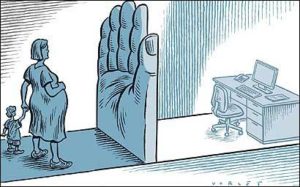
In simple terms, employment litigation refers to a lawsuit wherein a member of staff sues their employer due to an issue that arises as a result of work or work-based activities. For example, a member of staff may sue their employer because they feel they are being treat unfairly as a result of harassment of discrimination.
In other circumstances, employment litigation could be sought out in regards to scheduling, overtime, or pay, as well as workplace safety violations or concerns relating to insurance benefits, pensions, or worker’s compensation. Sometimes, employee litigation can be brought against an organization by someone who is not employed by them if, for example, they were a job applicant believes that they were rejected from employment for the wrong reasons.
Although most of the time, employees are considered to be under employment only at the will of the individuals or organizations that they work for, a lot of litigation regarding employment can result due to positions that have been terminated. For example, if an employer or company has taken inappropriate action against a member of staff because of their gender, race, or another protected class, then usually this action will be considered illegal.
Most of the time, employers will be advised to provide all employees with what is expected of them, as a member of staff, in written format, as well as to develop a process that encourages the correct procedure in dismissal and discipline, so as to offer themselves protection against employment litigation.
Employment Litigation and Harassment
A reason for employment litigation that takes place somewhat commonly is harassment. Harassment is recognized defined in a variety of ways, but in its simplest form, it describes any negative behavior that is performed towards an individual that is considered to be more than an average employee should have to endure.
If an action that is considered to be harassment has been launched against an employee as a result of his or her inclusion within a particular protected class, such as gender, sexual orientation, or race, then it is illegal. Most employers will usually put anti-harassment policies in place that are enforced and responded to immediately in order to avoid lawsuit. However, issues of harassment can still sometimes occur.
Employment Litigation and Discrimination
Discrimination is further part of employment litigation that is considered to be reasonably common. An argument of discrimination can be launched as a factor within another type of lawsuit, including those that are based on harassment or improper termination. On the other hand, some individuals may choose to launch a lawsuit against their employer or potential employer on the basis of discrimination alone.
Discrimination is generally considered to describe any negative actions that are made against an employee due to that employee’s inclusion within one of the protected classes, including race, gender, and sexual orientation. Discrimination can also take place towards an individual because they are a part of other classes, such as those within military status, or an individual who is filing for bankruptcy.
Creating a Case for Employment Litigation
Regardless of the reasons behind a case, employment litigation can be the result of an employee feeling as though their employer or potential employer is acting or retaliating to them in an unfair manner. Retaliation, for example, can occur because the employee chose to exercise a particular right, or even because they decided to report a violation that they noticed within the workplace. In almost all instances, retaliation to an employee is illegal.
Makarem & Associates Cares about You
For more information regarding employment litigation, what constitutes as harassment and discrimination and what can be done against these issues, contact Makarem & Associates via phone at 310.312.0299, or email at [email protected].


